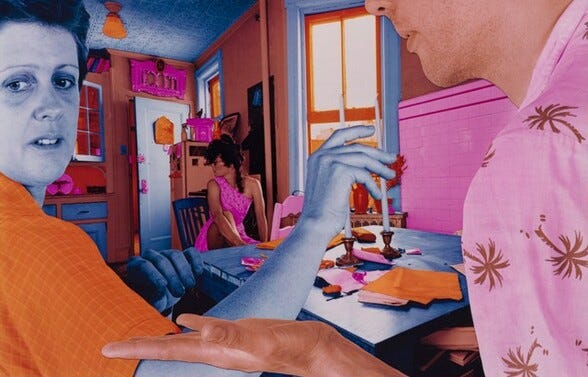I sat in on Charlie Lovett’s class at Storyfest last weekend, a session called “Mainstream, Literary Mysteries, & Thrillers.” Normally, since nature writing is my bailiwick, I would have waltzed past a breakout session on thrillers.
Charlie Lovett is a NYT bestseller author, lover of libraries and old books, scholar of Lewis Carroll, and podcaster. A lineup of his work is here.
I got about $500 worth of content in 50 minutes with Charlie Lovett.
On Suspense
He focused on tension-building. A lot of writers want to impart their knowledge or tell their story or shower a reader with flowery mountain meadows, and they forget that a writer has to work to seize and maintain a reader’s attention.
To do that, a writer employs a number of techniques. “You write about what happens next in such a way that the reader wants to know what happens next. You lead the reader on,” said Lovett.
The first line tempts you to read the second line and then the third, and soon you’re through the first chapter and devouring the second, all the way to the end.
“Honestly, I think that any good book is a mystery,” said Lovett.
Yes! Any good book is a mystery.
The Big Question
“A question should come up in the first chapter of a book,” Lovett said. “It’s an overarching question. Maybe it doesn’t seem like a big question at first. But the reader wants it answered, and everything should be driving toward that question.”
Sandra Brown calls it the “Terrible Trouble.” John Grisham calls it “The Hook.”
The Unexpected
Another thing that draws a reader in is the unexpected. Two characters sitting at a table idly talking is of little interest to a reader. If underneath the table, however, a bomb is pulsing, and it’s set to explode in five minutes, the scene is of intense interest. According to Alfred Hitchcock (who Lovett called “my teacher for writing thrillers”), this is the very essence of suspense.
Sometimes, Lovett said, you leave a little path of bread crumbs that lead in the wrong direction. Every single reader will say, “Oh gosh, I did not see that coming.”
“What if they said, ‘Oh, I saw that coming.’”
It’s more fun to be surprised than to be smug, Lovett said.
What a Reader Believes
A reader:
Expects that an author is going to be fair.
Keeps reading to find out the answers to the Big Question based on clues the writer gives.
Will try to guess the answers.
Secretly wants to be wrong.
Expects justice on some level to be served.
Charlie’s Secret to Success
“I took every writing opportunity that was presented to me.”
Ground Truth from the Climate Reckoning
I collected 26 flash essays, starting with writers in my Journaling Earth course and my Nature Writing Masterclass, to cover a map of the southern U.S. with stories of how the climate crisis is coming home for us. Thanks to editor Chuck Reece, this flash anthology published in Salvation South this week. Writers include Susan Cerulean, Franklin Burroughs, Jim Minick, Deb Bowen, James Murdock, Laura Terry, Dylann Turffs, Sandra Poucher, and Kimberly Coburn.
The Magical Craft of Creative Nonfiction
If you’ve been wanting to take my beginning creative nonfiction course, you have a good chance starting in January 2024. The course runs for six weeks, Wednesday evenings 7-9 pm Eastern US Time. It covers getting published, memoir, micro-memoir, flash essay, writing scenes, and avoiding the curse of narrative. I’ll do a session of live editing on volunteer work, and also we sponsor an Open Mic, where writers in the course are invited to read. The cost is $500. You can register here.
Each Rhizosphere is meant to be a little square of dark chocolate within which I embed a new idea or a lesson or a writing opportunity. To keep the goodness dropping into your inbox, become a free or paid subscriber.
Do the hard work > work with love > love what you do.








Good tips from Charlie - thank you for sharing those.
Waiting for and looking forward to the next Memoir Writing Course - was unable to start last month.